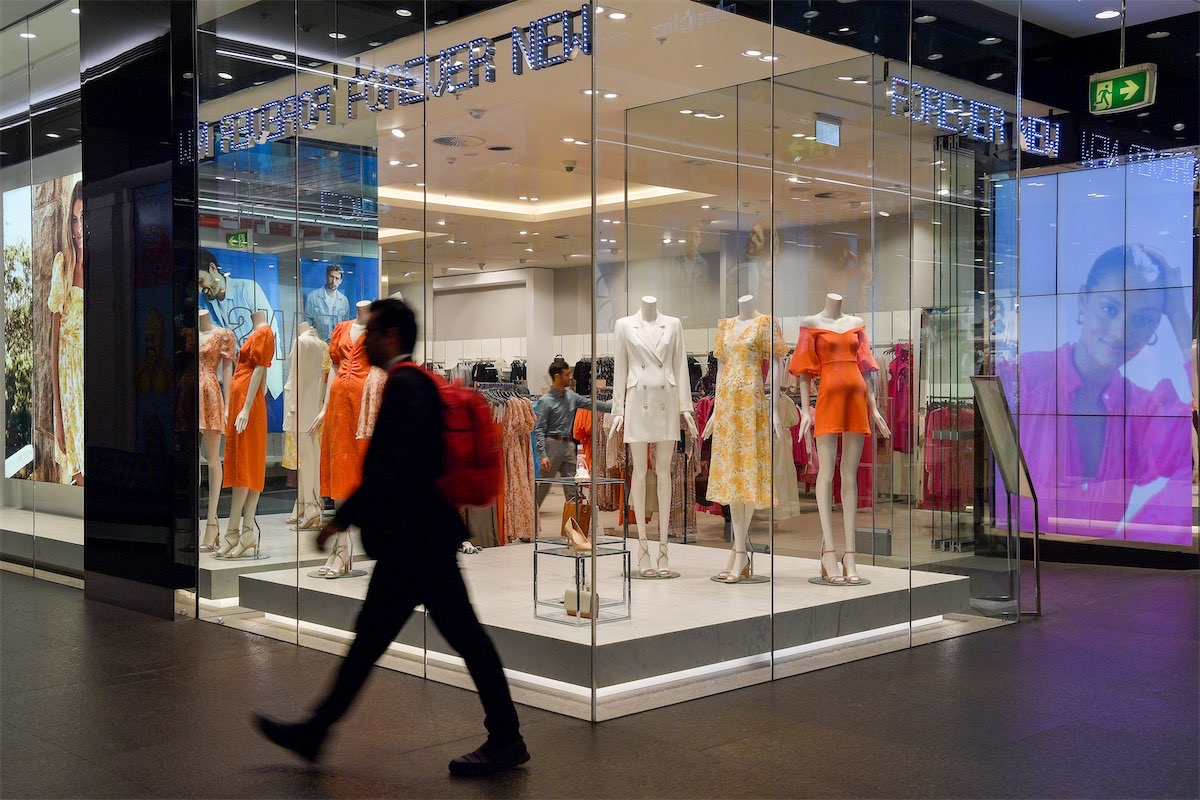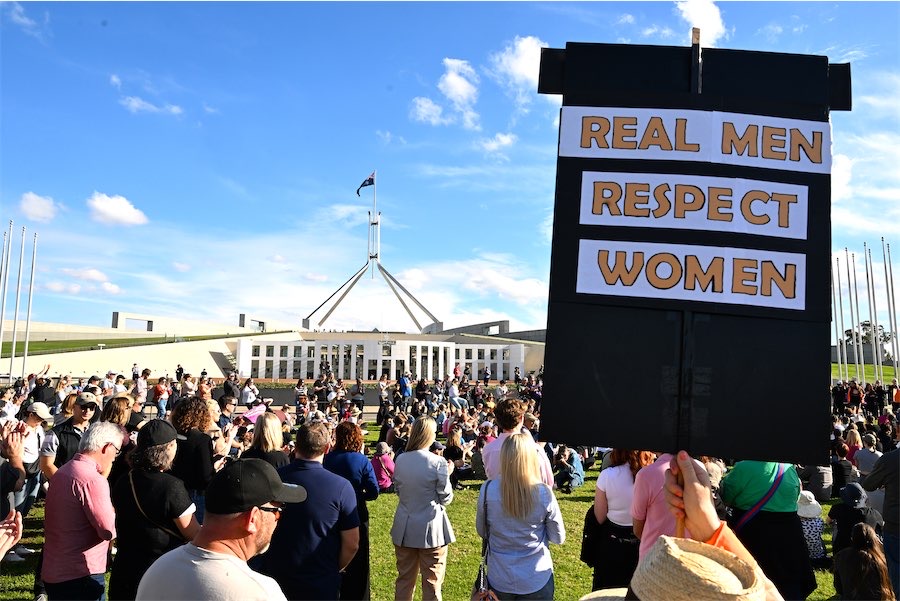
By Cassandra Morgan in Melbourne
FASHION retailers still have a long way to go when it comes to improving factory working conditions a decade on from one of history’s deadliest industrial accidents.
Monday marks the 10-year anniversary of the Rana Plaza factory collapse that killed 1130 Bangladeshi workers and sparked a push for change in safety standards across the fashion industry.
Among 25 companies tracked since the 2013 disaster, the average “ethical benchmark” score is still only about 43 out of 100, Baptist World Aid’s annual ethical fashion report revealed.
If the industry kept changing at the same rate, it would take 75 years for all fashion brands to pay factory workers a living wage at a minimum of one factory per company, the report predicted.
Additionally, it would take three decades for all companies to trace a minimum of three-quarters of their raw materials suppliers, and 17 years before they made grievance mechanisms available to workers.
Over the past 10 years, fashion companies have made the most ground when it comes to developing policy, tracing supply chains and being more transparent, Baptist World Aid found.
However, the charity and Bangladeshi garment workers argued the changes were not enough.
“Most of the factories I worked in had child labour,” said Aleya, whose surname was not provided.
“When the buyers or compliance officers visited the factory, they used to hide all the children on the roof or in some rooms.
“The factories gave them the same salary as a helper, but the supervisors would verbally abuse them and make them work overtime.”
Policies must be backed by proof of action or problems in the industry would continue to worsen, Baptist World Aid advocacy manager Sarah Knop said.
The charity named 10 companies as the most and least-improved fashion retailers among the 25 assessed since 2013.
Among the most improved were Kmart, which hit the top 20 per cent in 2022, along with David Jones which made the top 40 per cent.
Sussan Group, Myer and Cue Clothing Co were among the least improved.
Myer disagrees with the report, saying the findings do not reflect work over many years in its ethical sourcing program, to which the department store chain requires all its suppliers to adhere.
“Myer’s ethical sourcing program is well established and has been in place for over 10 years and it continues to evolve and improve each year including our public commitment to work towards paying a living wage and factory list information of our suppliers on our improved sustainability webpage,” a spokesperson told AAP.
Sussan Group and Cue Clothing Co were also approached for comment.
Who can be trusted?
In a world of spin and confusion, there’s never been a more important time to support independent journalism in Canberra.
If you trust our work online and want to enforce the power of independent voices, I invite you to make a small contribution.
Every dollar of support is invested back into our journalism to help keep citynews.com.au strong and free.
Thank you,
Ian Meikle, editor





Leave a Reply